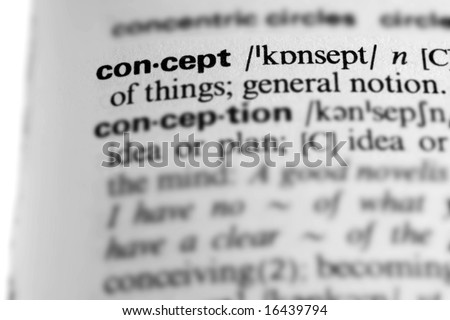At its most simple definition, business ethics revolves around relationships. The ratings from ‘AAm’ to ‘BBm’ may be modified by the addition of a plus (+) or minus (-) sign to indicate relative standing within the ranking categories. All swap risk rankings take into consideration the creditworthiness of the portfolio. A fund rated ‘AAm’ demonstrates very robust capability to keep up principal stability and to restrict exposure to principal losses as a result of credit score threat.
Nonetheless, the obligor’s capability to fulfill its financial commitments on the obligation continues to be strong. Obligors rated ‘BB’, ‘B’, ‘CCC’, and ‘CC’ are thought to be having significant speculative characteristics. An insurer rated ‘SD’ (selective default) or ‘D’ is in default on one or more of its insurance coverage obligations but is not under regulatory supervision that will involve a rating of ‘R’.
Business Intelligence is more of a primary step for corporations to take when they need the flexibility to make data-pushed selections. For an obligation, an ‘NR’ designation signifies that no score has been requested, or that there’s inadequate data on which to base a score, or that S&P International Scores doesn’t rate a selected obligation as a matter of policy. Nonetheless, it is more uncovered to adverse financial conditions or changing circumstances than different mid-market corporations with a higher MME score.
The size and scope of the enterprise firm and its construction, administration, and ownership, broadly analyzed within the theory of the agency Usually, a smaller business is extra flexible, whereas larger companies, or those with wider possession or more formal constructions, will usually are typically organized as companies or (much less often) partnerships.
In response to its World Business Intelligence Market 2016-2020 report, printed in January 2016, international know-how analysis and advisory company Technavio forecast the worldwide BI market to put up a compound annual progress price (CAGR) of more than 10 percent by 2020. It’s rated within the highest class by S&P International Scores. An obligor rated ‘SD’ (selective default) or ‘D’ has failed to pay one or more of its financial obligations (rated or unrated), excluding hybrid devices categorised as regulatory capital or in nonpayment in response to phrases, when it came due.
